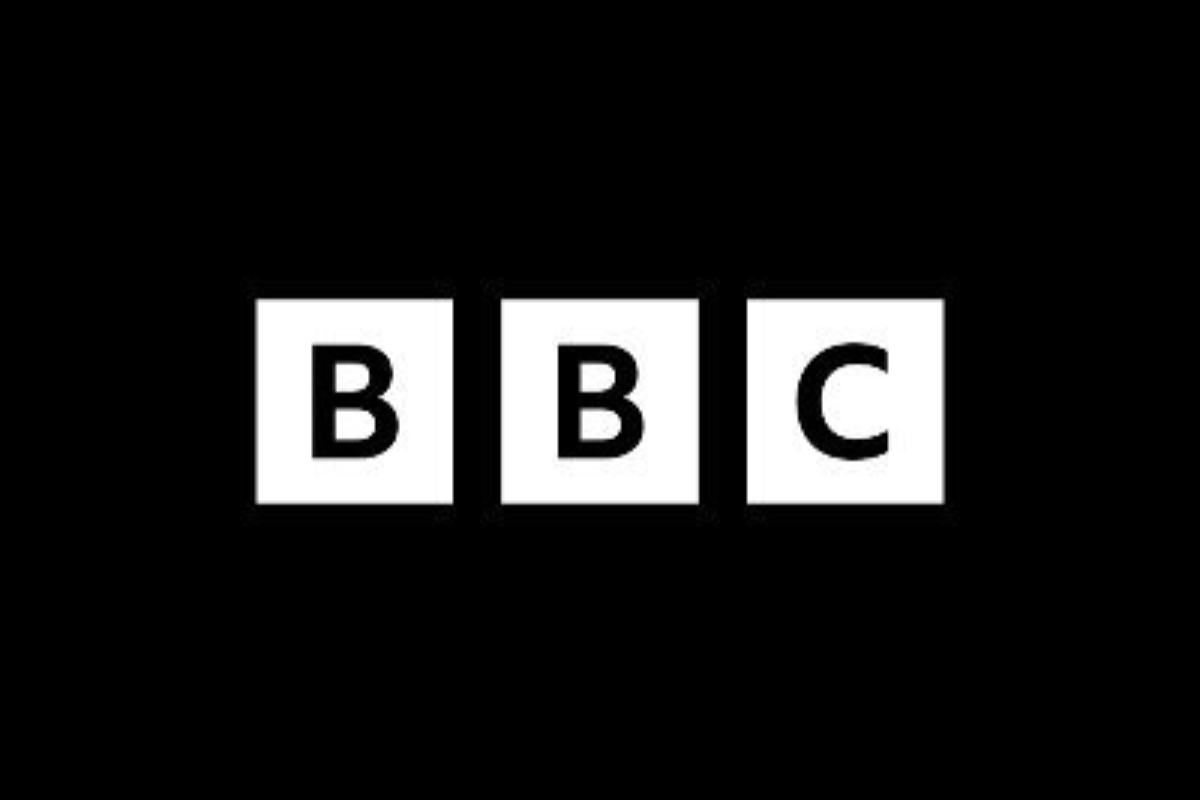J&K Opposition leaders to meet against Centre making LG the boss
Tarigami said all the leaders of Opposition parties have been requested to attend the meeting.
The court, however, refused to stay the Centre’s January 21 ban order on the BBC documentary. The Centre claimed that the documentary is “biased and agenda driven”, based on conjectures, perpetuating a colonial mindset.

[Photo: Twitter/@BBC]
The Supreme Court on Friday issued a notice to the Centre on a plea challenging the ban on the BBC documentary “India: The Modi Question”, asking it to produce the original records of its decision to take down tweets linking to the controversial documentary on 2002 Gujarat riots.
A bench of Justice Sanjiv Khanna and Justice M M Sundresh gave three weeks to the Centre to file its response on two petitions – one filed jointly by Trinamool Congress Lok Sabha member Mahua Moitra, veteran journalist N Ram and advocate Prashant Bhushan and the second by Delhi advocate M L Sharma – while asking the listing of the matter in April.
The court, however, refused to stay the Centre’s January 21 ban order on the BBC documentary. The Centre claimed that the documentary is “biased and agenda driven”, based on conjectures, perpetuating a colonial mindset.
Advertisement
When Singh stressed on stay, the court told him that it is a fact that the film is already being accessed. “You have filed a link to it”, said Justice Sundaresh.
The court told senior advocate Chander Uday appearing for N Ram and others that it cannot pass interim orders without a hearing.
The court declined to be drawn into the issue of students being punished for airing the documentary, saying the proceedings before it will be confined to legal arguments.
Several protests have also taken place at different Universities in New Delhi, Calcutta, Kerala, Odisha, Maharashtra and other parts seeking screening of the BBC documentary, Sharma’s petition notes.
Under Rule 16 of the Information Technology Rules 2021, the Centre had asked YouTube and Twitter to remove the links posting the BBC documentary on the 2002 Gujarat communal violence. Advocate ML Sharma’s petition says the order is illegal, malafide, arbitrary and unconstitutional. He said there is violation of freedom of speech and expression in the order.
Sharma argued that the documentary reflects true facts with original recording of the victims of 2002 riots as well as other concerned persons involved in riots which can be used for judicial justice.
A further prayer has been made before the top court to examine the BBC documentary’s legal value to prosecute involved accused persons in the interest of justice.
After the documentary was released, it was also criticised in a joint statement by more than 300 former judges, bureaucrats and prominent figures who accused the BBC of pushing a British imperialist agenda and “setting itself up as both judge and jury to resurrect Hindu-Muslim tensions”.
Advertisement